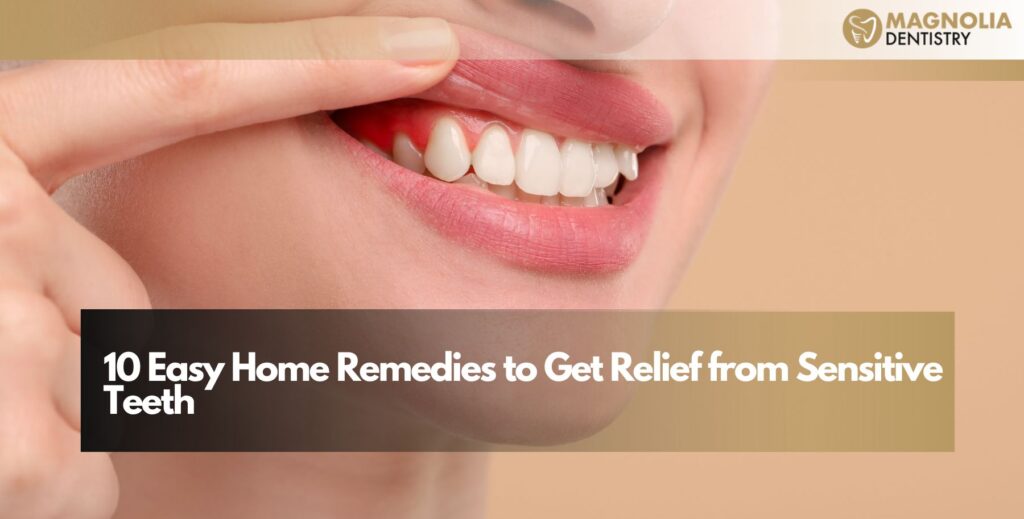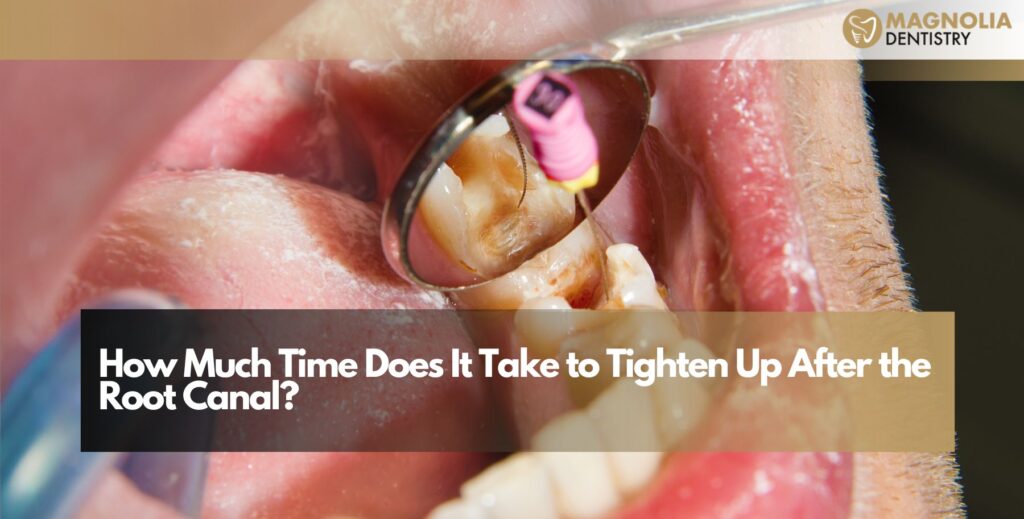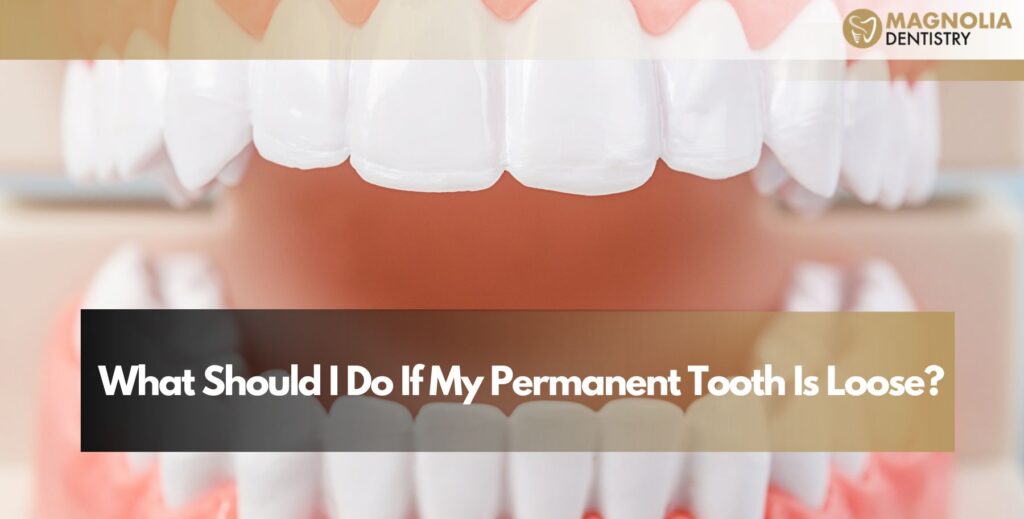Tooth sensitivity can turn simple everyday activities into uncomfortable experiences. A sip of cold water, a warm cup of coffee, a spoon of ice cream, or even brushing your teeth can trigger sudden, sharp pain. This condition affects millions of people and is often a sign that something deeper is happening inside your teeth or gums.
The good news is that many cases of tooth sensitivity can be managed at home with simple remedies while you work with your dentist to address the root cause. This comprehensive guide explains what tooth sensitivity is, why it happens, and the most effective home remedies you can try today.
Table of Contents
What Is Tooth Sensitivity?
Tooth sensitivity also known as dentin hypersensitivity is a condition where the teeth react strongly to certain triggers. These triggers often include cold, heat, sweetness, acidity, brushing, or even breathing in cold air.
Why Sensitivity Happens
The outer layer of your teeth, called enamel, protects the inner dentin. When enamel wears away or gums recede, dentin becomes exposed. Dentin contains microscopic tubules that connect to the nerve of the tooth. When exposed, these tubules allow sensations to travel straight to the nerve, causing sharp or lingering discomfort.
Common triggers include:
- Cold drinks or foods
- Hot foods or beverages
- Sweet or acidic foods
- Brushing or flossing
- Cold weather
- Mouth breathing
Sensitivity can be mild, moderate, or severe. Some people only experience occasional discomfort, while others have daily pain that affects eating, drinking, and sleep.
Common Causes of Tooth Sensitivity
To understand how to relieve sensitivity, it’s important to know what causes it.
Enamel Erosion
Acidic foods, teeth grinding, and aggressive brushing all contribute to enamel wear.
Gum Recession
As gums pull away from teeth, the roots become exposed. Tooth roots have no enamel, making them highly sensitive.
Tooth Decay
Cavities create openings that lead directly to dentin, increasing sensitivity.
Worn Fillings
Old fillings can crack or weaken, exposing sensitive areas.
Teeth Whitening
Whitening products can temporarily increase sensitivity by penetrating enamel.
Cracked or Chipped Teeth
Damage allows external stimuli to reach the pulp.
Post-Dental Procedures
Procedures like fillings, crowns, and cleanings can irritate tooth nerves temporarily.
Although home remedies can provide relief, always follow up with your dentist to ensure you’re treating the right cause.
10 Easy Home Remedies to Get Relief from Sensitive Teeth
These natural remedies can help reduce or calm sensitivity. They’re safe, easy, and effective for most people when used regularly.
1. Salt Water Rinse
Salt water reduces inflammation, kills bacteria, and helps restore the natural pH balance of your mouth.
How to Use It
Mix:
- ½ teaspoon of salt
- 1 cup of warm water
Rinse for 30 seconds twice a day.
Warm salt water is gentle and soothing, making it an excellent remedy for irritated teeth and gums.
2. Use a Desensitizing Toothpaste
Desensitizing toothpaste contains ingredients like potassium nitrate or stannous fluoride that block nerve signals and strengthen enamel.
How to Use It Effectively
- Brush twice daily
- Dab a small amount on sensitive areas before bed (don’t rinse)
Results improve over several weeks of consistent use.
3. Coconut Oil Pulling
Coconut oil reduces bacteria, prevents plaque buildup, and soothes irritated tissues.
How to Do It
- Swish 1 tablespoon of coconut oil for 10–15 minutes
- Spit it out, rinse, and brush normally
Oil pulling is safe for long-term use and helps maintain gum health.
4. Clove Oil Application
Clove oil is rich in eugenol a natural anesthetic and antibacterial compound.
How to Use It
- Dip a cotton ball into clove oil
- Apply to sensitive areas for 2–3 minutes
- Avoid rinsing immediately
This remedy works well for sudden flare-ups of sensitivity.
5. Fluoride Mouthwash
Fluoride strengthens tooth enamel and reduces the movement of minerals within dentin tubules.
How to Use
Use a fluoride mouthwash once or twice daily.
Avoid eating or drinking for 30 minutes afterward to allow maximum absorption.
6. Honey and Warm Water Rinse
Honey has natural antibacterial and anti-inflammatory properties that soothe irritated tissues.
How to Use
Mix:
- 1 teaspoon of honey
- 1 cup of warm water
Rinse gently for 20–30 seconds.
This rinse calms sensitivity and promotes healing around the gums.
7. Green Tea Rinse
Green tea contains antioxidants and anti-inflammatory compounds that reduce sensitivity and gum irritation.
How to Use
- Brew unsweetened green tea
- Let it cool
- Use as a mouth rinse twice daily
It also helps protect against cavities and gum disease.
8. Use a Soft-Bristled Toothbrush
Hard brushing damages enamel and irritates your gums, making sensitivity worse.
What to Do
Switch to a:
- Soft-bristled brush
- Electric toothbrush with pressure sensors
- Gentle brushing technique
Proper brushing reduces long-term wear and pain.
9. Apply a Cold Compress for Sudden Pain
A cold compress numbs nerve endings and reduces inflammation around the tooth.
How to Apply
Place a cold pack on the outside of your cheek for 10–15 minutes.
This is especially helpful after eating something too cold or too hot.
10. Avoid Acidic and Sugary Foods
Acidic foods dissolve enamel, while sugary foods feed bacteria. Both can trigger sensitivity.
Foods to Avoid
- Lemon
- Soda
- Vinegar
- Candy
- Tomato-based foods
Better Alternatives
- Milk
- Cheese
- Nuts
- Leafy greens
These foods support stronger enamel and healthier gums.
Bonus Home Remedies for Extra Relief
Aloe vera reduces irritation along the gumline and protects sensitive roots.
Turmeric Paste
Turmeric has healing and anti-inflammatory properties that soothe sensitive teeth.
Baking Soda Rinse
Balances mouth pH and reduces enamel erosion.
Use:
- ½ teaspoon baking soda
- 1 cup warm water
How to Prevent Tooth Sensitivity from Returning
Home remedies bring relief, but prevention is the long-term solution.
Brush Correctly
Use circular motions instead of back-and-forth scrubbing.
Floss Daily
Prevents gum recession, which exposes roots.
Use a Nightguard (If You Grind)
Grinding causes enamel wear and sensitivity.
Maintain Regular Dental Visits
Your dentist can detect early signs of enamel erosion, gum problems, and decay.
A trusted dental office Burbank, CA can guide you on both at-home solutions and in-office treatments to protect your teeth long-term.
When Home Remedies Aren’t Enough
If sensitivity lasts longer than two weeks or worsens, it may signal a deeper problem.
Possible Causes Requiring Dental Treatment
- Cracked tooth
- Deep cavity
- Severe enamel erosion
- Exposed root
- Gum disease
- Old or damaged fillings
Professional Treatments Include
- Fluoride varnish
- Desensitizing agent application
- Dental bonding
- Gum grafting
- Root canal therapy (for severe cases)
Your dentist will identify what’s causing the sensitivity and provide the most effective treatment.
When Is Tooth Sensitivity an Emergency
Seek immediate care if:
- Pain is sharp or constant
- There is swelling
- You have bleeding gums
- Heat sensitivity lasts longer than 30 seconds
- The tooth is cracked
Delaying care may worsen symptoms or lead to more complex procedures.
Conclusion
Tooth sensitivity is uncomfortable but manageable. With the right home remedies—paired with proper oral hygiene and professional guidance you can significantly reduce discomfort and strengthen your teeth. While natural remedies like saltwater rinses, desensitizing toothpaste, green tea, or clove oil provide fast relief, it’s equally important to address underlying causes like enamel erosion or gum recession.
If sensitivity persists, worsens, or disrupts daily life, contact your dentist. Early intervention prevents bigger problems and helps protect your teeth for years to come.




